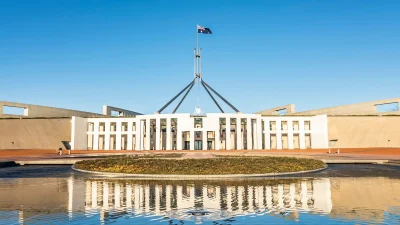Carrying the cost of FOFA


The financial services industry may be obliged to dig deeper to fund the implementation of the Government's Future of Financial Advice (FOFA) changes as well as its Stronger Super reform agenda.
With the Government currently entering the final stages of formulating the May Budget, senior executives within both the Australian Securities and Investments Commission (ASIC) and the Australian Prudential Regulation Authority (APRA) have acknowledged the regulators will have to manage a heavier workload over the next 18 months.
While the Government is expected to direct at least some more funding towards both ASIC and APRA within its Budget outlays, it is also expected to prevail on the industry to carry a part of the burden via higher financial services levies.
The higher workload resulting from FOFA is already impacting ASIC because, although the FOFA bills are yet to pass the Senate, it is already in discussions with the various financial planning industry stakeholders on questions around the expected new regulatory environment.
Among the new tasks needing to be handled by ASIC will be the regulatory framework around the best interest tests, and the approval of codes of conduct sufficient to enable the granting of class order relief to financial planners.
In recent speeches to industry events, both ASIC chairman Greg Medcraft and APRA deputy chairman Ross Jones have made clear the higher workloads being carried by their organisations.
As well, Jones made reference to the Financial Institutions Supervisory Levies and the manner in which they were often referred to as APRA levies.
An examination of the levies regime for 2011-12 revealed relatively modest levy increases on the basis of starting work with respect to the Government's Stronger Super agenda, while the component covering ASIC's activities was also relatively modest, reflecting the state of play with respect to FOFA and the Cooper Review.
However, the demands being placed on the two regulators in the coming financial year are much greater, and are expected to result in a commensurate recommended increase in the supervisory levies.
When the Government last moved to lift the levies, APRA issued a discussion paper in May 2011 - and it is expected to act similarly this year.
Recommended for you
The central bank has announced its latest rate decision amid stubborn inflation and increasing geopolitical tension.
Government has introduced a bill to Parliament to legislate the first stream of the QAR reforms.
ASIC now has a 1:1 ratio when it comes to court success in the enforcement of crypto activities and more action is expected as Treasury seeks to introduce a regulatory framework.
A leading governance body has hit out at “specialist interest groups proposing ad hoc law reform” when it comes to reforms of financial services legislation and believes an independent body is needed.















